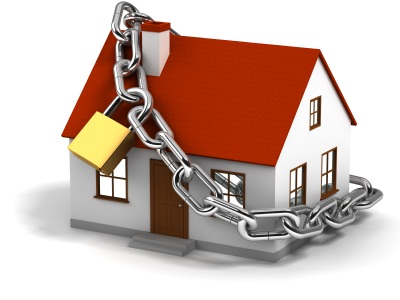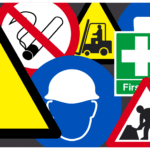The term property is mostly associated with houses, apartment or flats however, in law there are two types of properties i.e. movable property or immovable property. Movable property refers to property such as your car, furniture appliances etc .Immovable property refers to your house or land. In this article we focus on movable property.
When can property be attached?
Before we answer this question we first need to establish what is meant by attachment? In law this term refers to the process of removal of property from an owner by a sheriff of the court with the intention of settling a debt. Property can only be attached if there is a court judgment that has been given and the defendant (the debtor) has still failed to settle a debt. A warrant of execution will have to be issued by the court to enforce payment. The court attaches the property because this is the only way to force the debtor to pay the judgment cost and any other amount that the defendant owes for example the sheriff’s fees and the plaintiff’s (the creditor’s) legal costs.
What type of property may be attached by the sheriff?
The Sheriff will usually attach property such as television sets, fridges, radios, a motor vehicle and so on. After the property is attached the sheriff of the court will then sell it with the intention to recover the judgment debt amount. The amount of judgment and cost is then paid to the creditor any surplus money after payment of the creditor that money will be paid back to the debtor.
What happens when the debtor does not have enough property to attach?
If the defendant does not enough property which can be sold to pay off the creditor’s claim, the creditor can ask the court to look into the financial affairs of the debtor. The court can then order that the debtor pays of the debt in monthly installments or even have a certain amount taken out of the debtor’s salary each month by the employer. This is called a garnishee order. If the debtor refuses to obey the court order he or she may be arrested for contempt of court.
Here are some tips if you are faced with an attachment:
- Always respond to your creditors because this will allow you to negotiate a lower premium but make sure that you are in contact with them to avoid default judgments being taken.
- In the event that summons are issued against you, immediately consult with an attorney this can save you a great deal of money. We know that attorneys are expensive but not responding to court summons may cost you even more and your credit record.
- If you are in a position to pay for an attorney seek help from the legal aid board or go to court yourself some will be able to address your queries.
Comments are closed.






